Confused About BCAAs and Protein? Here’s What You Really Need to Know
Curious what you should be drinking before your workout? during your workout? after a workout?
It can all seem a little confusing. I am here to simplify it for you!
If you've ever browsed the supplement aisle or scrolled through fitness influencers' routines, chances are you've seen both BCAAs and protein powders taking up a lot of space. But what’s the real difference between them—and do you need one, the other, or both?
Let’s break it down.
What Are BCAAs?
BCAA stands for branched-chain amino acids, and there are three of them:
Leucine - Arguably the most important of the three, leucine plays a key role in triggering muscle protein synthesis, which is your body’s process of repairing and building muscle tissue after exercise. It’s also linked to energy regulation during workouts.
Isoleucine- Supports energy production and endurance by helping to regulate blood sugar and increase glucose uptake in the muscles. It also plays a role in immune function and hemoglobin production.
Valine - Helps reduce muscle fatigue and supports muscle metabolism. It’s also involved in mental focus and tissue repair.
These are essential amino acids, meaning your body can’t make them on its own—you have to get them from your diet.
Why Do People Take BCAA Supplements?
You’ll typically find BCAAs sold as a flavored powder to mix with water, often taken during a training session (aka intra-workout) or right after. BCAA supplements are often used by people who:
Work out intensely or frequently and want to reduce muscle soreness
Want to prevent muscle breakdown during long or fasted workouts
Follow a low-protein or plant-based diet and may not get enough BCAAs from food alone
Some research shows that supplementing with BCAAs before, during, or after exercise may:
Reduce muscle soreness and fatigue
Speed up post-workout recovery time
Preserve lean muscle mass, especially during calorie restriction or weight loss
That said, if you're getting enough complete protein through your diet or protein shakes, you're already getting BCAAs naturally—just in a more comprehensive form.
What Is Protein?
Protein is one of the three main macronutrients your body needs (alongside carbohydrates and fats), and it plays a crucial role in almost every system in the body. At its core, protein is made up of amino acids, which are the building blocks of protein that your body uses to build and repair tissues, make enzymes and hormones, support immune function, and maintain lean muscle mass.
There are 20 amino acids, 9 of which are considered essential—meaning your body can't produce them on its own and you must get them from your diet. When a protein source contains all 9 essential amino acids in adequate amounts, it's called a complete protein source.
Related Reads:
Types of Protein Supplements
When people talk about supplementing with protein, they’re usually referring to protein powders, which are popular for their convenience, versatility, and ability to support muscle recovery and growth. The most common types include:
Whey Protein powder: A complete protein derived from milk, whey is quickly absorbed and rich in BCAAs—especially leucine. It’s a top choice for post-workout recovery.
Casein Protein: Also dairy-based, but digests more slowly than whey. Casein is great for sustained amino acid delivery, often taken before bed.
Plant-Based Protein powder: Made from sources like peas, brown rice, hemp, or soy. Some are complete proteins on their own (like soy), while others are combined (like pea + rice) to form a complete amino acid profile.
Collagen Peptides: Technically a form of protein, but not a complete one. Collagen is rich in glycine, proline, and hydroxyproline and supports joint, skin, and gut health rather than muscle recovery.
What Protein Does for You
While protein is essential for athletes and active individuals, it’s also vital for overall health, including:
Repairing tissues after injury or daily wear and tear- including skin, muscles, and organs
Building new muscle tissue and maintaining muscle mass, which helps support a healthy metabolism and longevity
Creating enzymes and hormones that regulate metabolism and other body functions
Supporting healthy skin, hair, and nails
Maintaining immune system strength
Balancing blood sugar levels and curbing cravings due to its satiating effects
In short, protein is essential for every cell in your body—not just your muscles.
How Much Protein Do You Really Need?
While everyone has different individual needs, there are a few popular guidelines that can help guide you towards how many grams of protein you should be consuming daily. The Recommended Dietary Allowance (RDA) for protein is 0.8 grams per kilogram of body weight, but this is the minimum needed to avoid deficiency—not the ideal amount for optimal health, strength, or body composition. Most experts recommend:
1.2–2.0 grams/kg of body weight for active individuals
Closer to 2.0–2.2 grams/kg during fat loss or heavy training phases
Higher intakes for older adults to maintain muscle and prevent age-related decline
This is where protein supplements can come in handy—especially if you’re short on time, struggle with appetite, or follow a plant-based diet.
Do You Need Both?
Short answer: probably not.
If you’re already getting enough protein from your food or supplements, you’re most likely already getting plenty of BCAAs.
You might benefit from BCAAs if:
You train fasted (like early morning workouts with no breakfast--which for many women, is probably not a great idea because of its affects on hormones)
You follow a plant-based diet and struggle to get complete proteins
You’re doing intense endurance or resistance training and want a low-calorie intra-workout option
You probably don’t need BCAAs if:
You eat enough protein daily from whole foods or shakes
You’re training for general health and fitness, not high-level athletic performance or competition
Whole Foods vs. Supplements
It’s worth remembering: both BCAAs and protein powder are supplements, meant to fill in nutritional gaps—not replace real food. Quality protein sources like chicken, fish, eggs, beef, legumes, and Greek yogurt give your body complete proteins along with other vital nutrients.
I have always had a very unpopular view of supplements as someone in the wellness space-- don't get me wrong, I do believe they have their time and place. They can be helpful at adding convenience into your day, or helping meet your dietary needs while on-the-go or traveling. But the best option for getting the right amount of protein, supporting your fitness journey, and supporting your overall wellness is to prioritize whole food nutrition and high-quality protein. When it comes to dietary supplements, they should not be doing the heavy lifting of your daily protein intake.
Bottom Line
If you're choosing between BCAAs and protein powder, ask yourself: Are you getting enough protein overall? If not, prioritize a complete protein source first-- preferably from food sources first. BCAAs can be helpful in certain scenarios, but for most people, a balanced diet with adequate protein is the best place to start.
Do you take BCAAs or stick with protein powder? Let me know!
Kaelyn

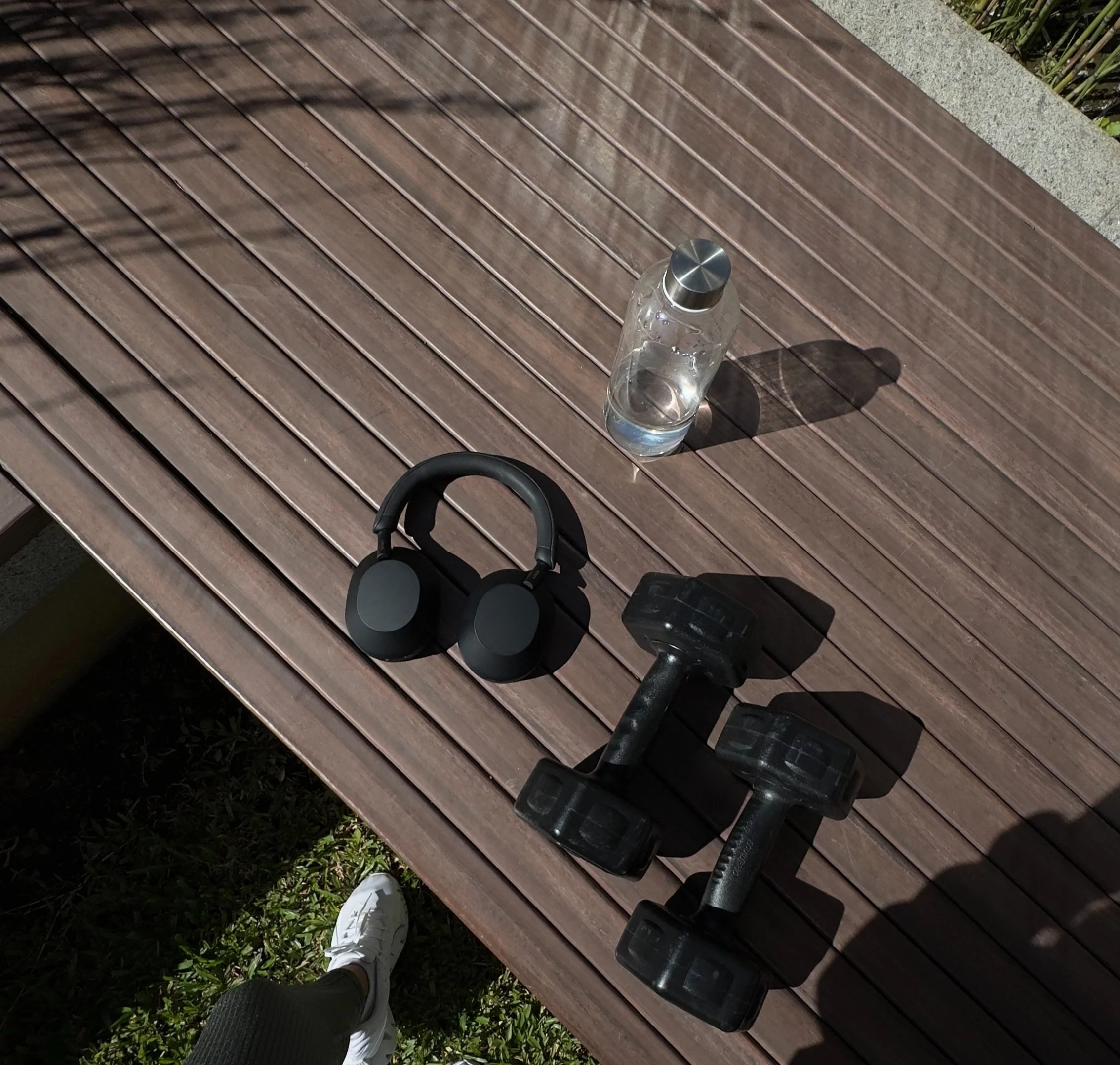


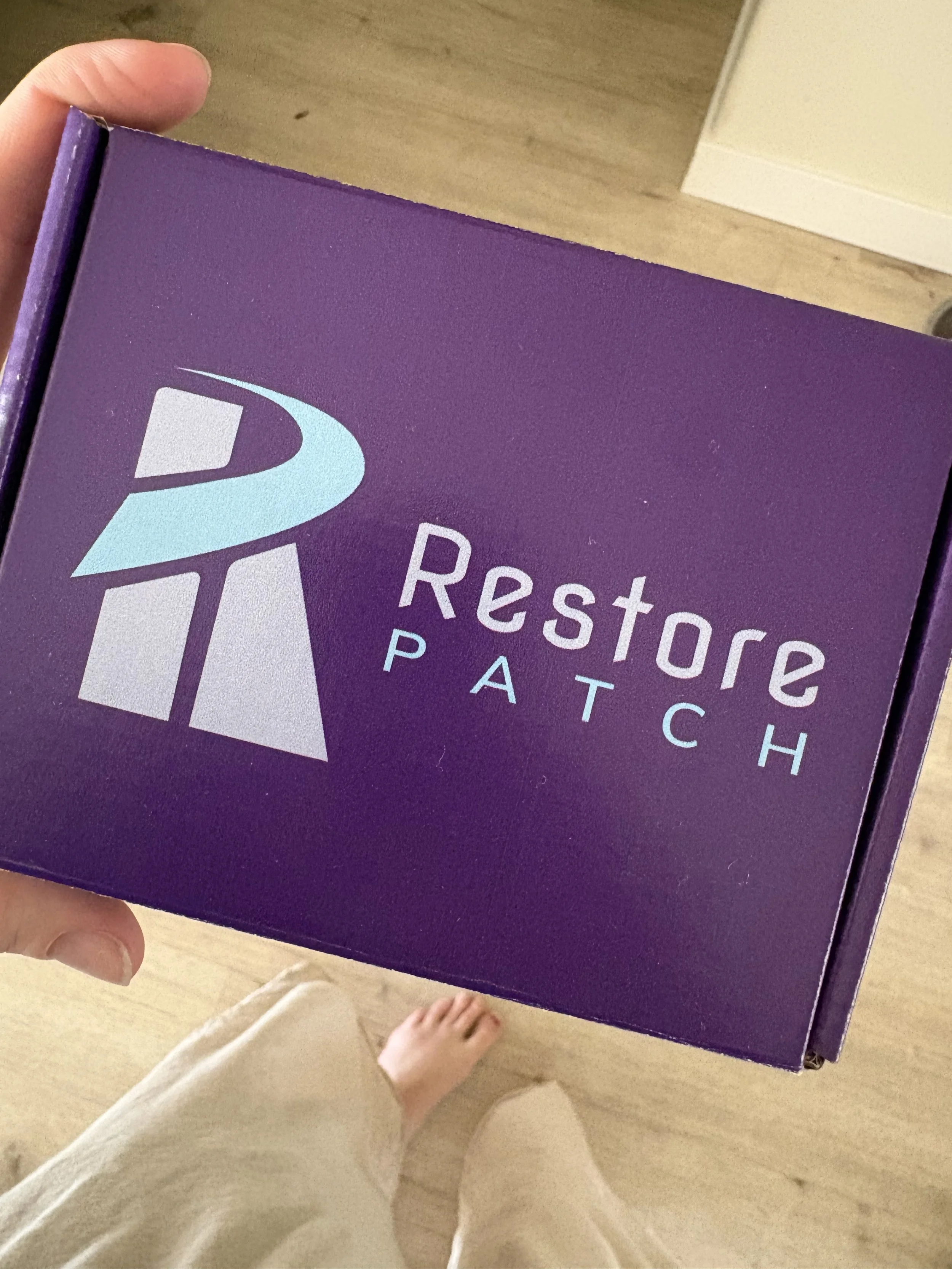
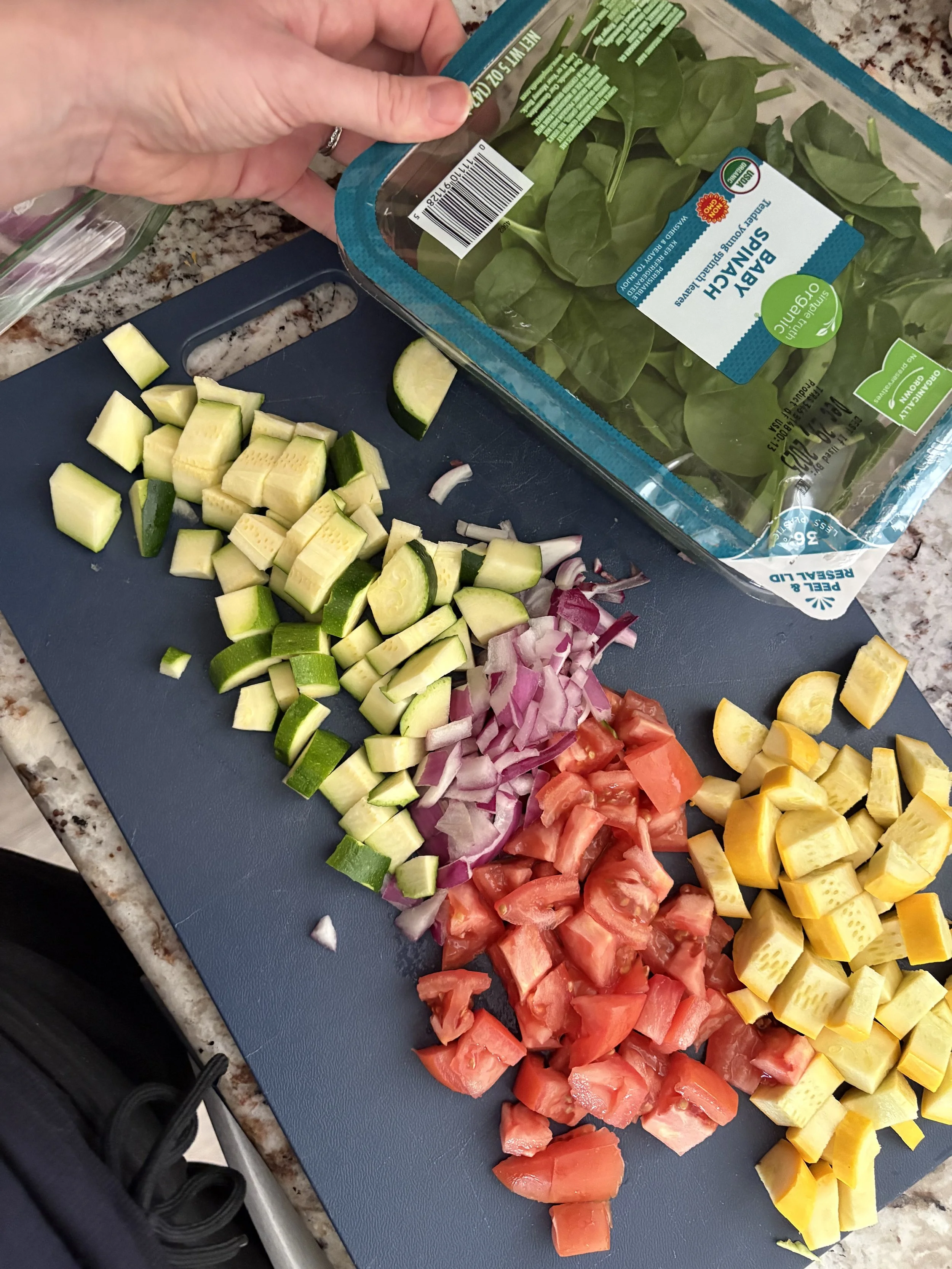
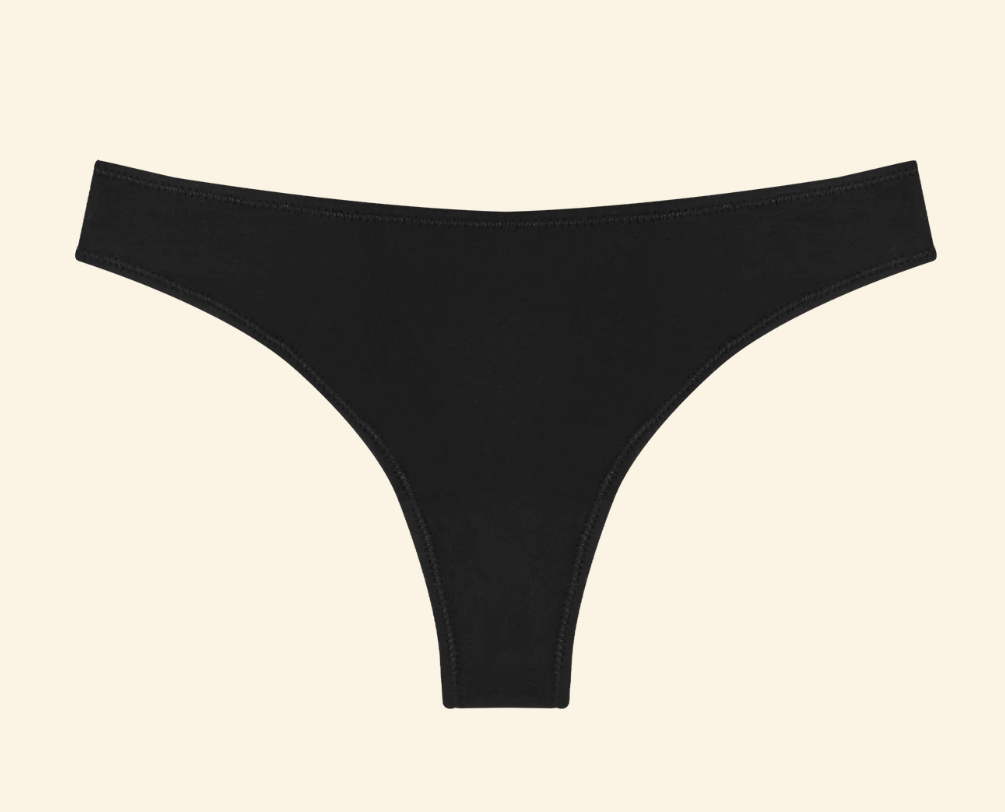



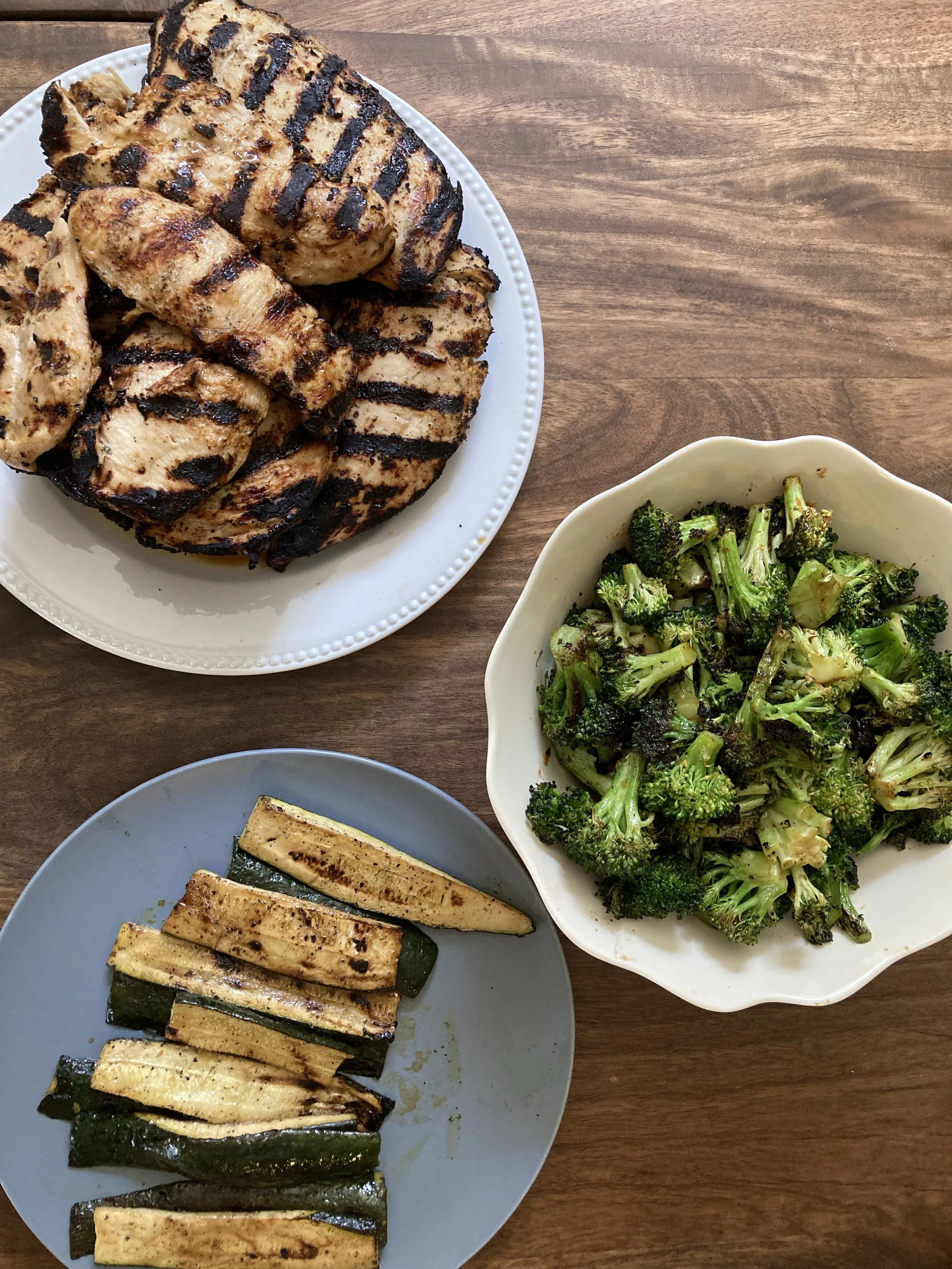





What is self-care actually?? This post explores what actually supports our wellness.. and all ideas shared take 5 minutes or less 👏